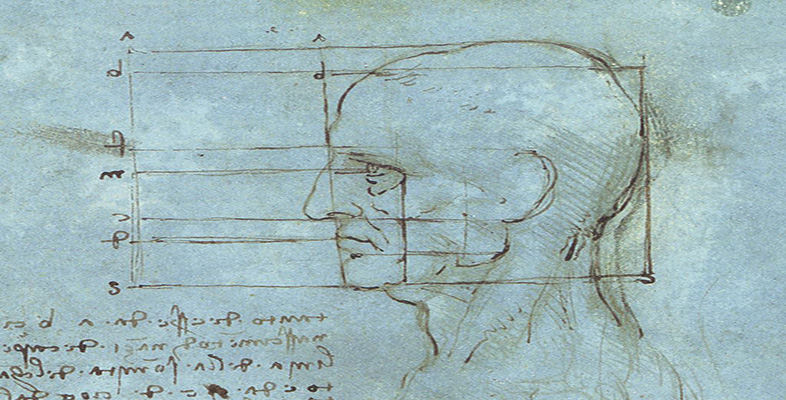4 The problem of consciousness
4.1 Introduction
Let us turn now to the problem of consciousness. What exactly is the issue here that so divides philosophers and is the focus of such vigorous debate? In broad terms, it is the question of the place of consciousness in the world – the question of how it arises and how it is related to processes in the brain. It is hard to deny that consciousness is closely dependent on the brain. Changes in the brain can affect consciousness (think of the effects of anaesthetics and psychedelic drugs), and damage to the brain can remove it permanently (think of blindsight, for example). But how does the brain generate consciousness? How could conscious experiences arise from the activity of brain cells – individually not much different from any other cells? As Colin McGinn puts it, it seems like magic:
How is it possible for conscious states to depend upon brain states? How can technicolour phenomenology arise from soggy grey matter? What makes the bodily organ we call the brain so radically different from other bodily organs, say the kidneys – the body parts without a trace of consciousness? How could the aggregation of millions of individually insentient neurons generate subjective awareness? We know that brains are the de facto causal basis of consciousness, but we have, it seems, no understanding whatever of how this can be so. It strikes us as miraculous, eerie, even faintly comic. Somehow, we feel, the water of the physical brain is turned into the wine of consciousness, but we draw a total blank on the nature of this conversion. Neural transmissions just seem like the wrong kind of materials with which to bring consciousness into the world, but it appears that in some way they perform this mysterious feat. The mind-body problem is the problem of understanding how the miracle is wrought, thus removing the sense of deep mystery. We want to take the magic out of the link between consciousness and the brain.
(McGinn, 1989, 349)
This is the problem of consciousness – the problem of taking the magic out of its link to the brain and, thereby, to the rest of the natural world. For many philosophers, solving this problem would involve giving a reductive explanation of consciousness, and I shall begin by saying something about explanations of this kind and the reasons for seeking them.
